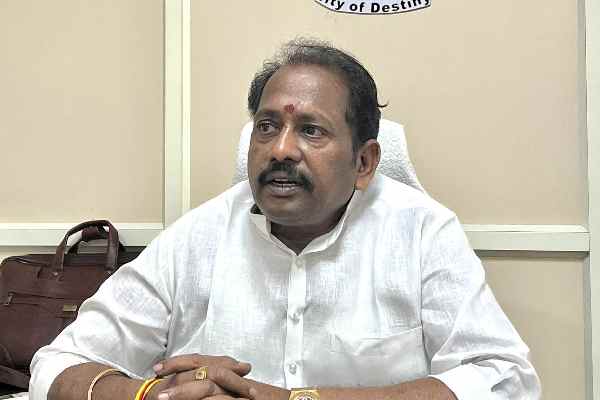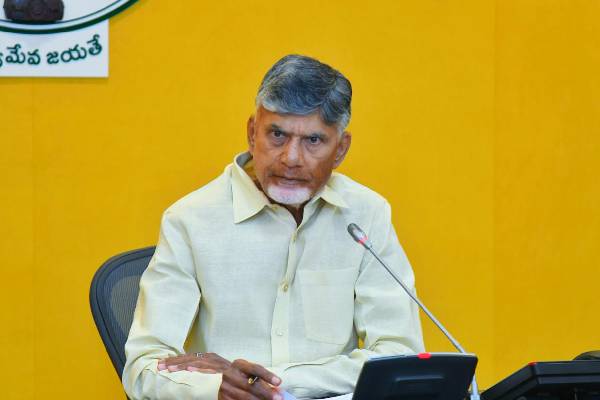Despite its poor financial situation, the Jagan-led Andhra Pradesh’s government had been launching a slew of populist schemes.
In the last one year, Jagan had announced nine schemes (Navarathanlu) including YSR Rythu Bharosa (welfare scheme for farmers), fee reimbursement, Aarogyasri (medical care), Jalayagnam (water management programme), a ban on alcohol, Amma Vodi (direct financial assistance worth Rs 15,000 annually to poor), YSR Aasara (loan scheme for women), the Cheyutha scheme (for women from minority communities) and housing for the poor.
Apart from these, Jagan had also launched yet another populist scheme – Jagananna Vasathi Deevena, aimed at extending direct cash transfer of financial assistance to students belonging to downtrodden sections towards their hostel and mess expenses. Now, these slew of populist schemes is having a serious bearing on the common man and the industries.
On Saturday, the Yuvajana Sramika Rythu Party-led Andhra Pradesh government has raised Value-Added Tax (VAT) on natural resources from the current 14.5 per cent to a whopping 24.5 per cent. A notification to this effect has been issued by the state ministry of industry and commerce.
The state headed by Chief Minister Y S Jagan Mohan Reddy announced that the VAT on crude oil has been hiked by 5 per cent, 31 per cent on petrol and 22.5 per cent on diesel. Further, the government hiked taxes on petrol and diesel by an additional Rs 4 each. Additionally, the state government also hiked VAT on air turbine fuel by 1 per cent.
The Andhra Pradesh government said it had to necessitate the hike in order to shore up falling revenues due to the pandemic induced lockdown in the last five months. The government stated that it could mop up only Rs 1,323 crore revenues till April, 2020 as against expected Rs 4,480 revenues. The government said it is able to generate Rs 350 crore revenues per month. After this increase in the VAT, it is expected to generate additional revenue of Rs 250 crore to Rs 300 crore per month.

































